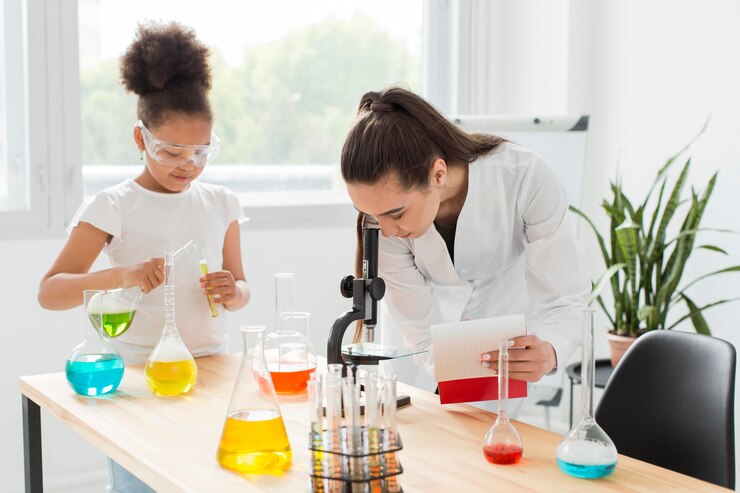The interest in discussing ongoing experiments and the experiential knowledge that contributes to a comprehensive understanding is gaining steam as each generation tries to distinguish themselves. Let’s delve into this concept.
Ongoing Experiments:
- Advanced AI and Machine Learning:
- We are continually pushing the boundaries of artificial intelligence and machine learning. This includes developing models that can comprehend and generate human-like text, such as the one you’re interacting with now.
- Experimentation in this field involves refining algorithms, exploring new training techniques, and expanding the range of tasks AI can perform, from language translation to image recognition.
- Biotechnology and Genetics:
- Researchers are actively experimenting with genetic engineering, CRISPR technology, and synthetic biology. This includes gene editing for medical purposes, creating genetically modified organisms, and studying the potential for personalized medicine.
- Quantum Computing:
- Quantum computing promises to solve problems that classical computers struggle with. Experiments in this field are focused on building more stable and scalable quantum systems and developing algorithms that can take full advantage of quantum computing capabilities.
- Renewable Energy and Sustainability:
- Ongoing experiments aim to harness and store renewable energy sources like solar, wind, and geothermal power. This includes developing more efficient solar panel energy storage solutions and exploring innovative ways to transition to a sustainable energy infrastructure.
Experiential Knowledge:
- Medical Research and Healthcare:
- Through years of clinical trials and observational studies, we have gained extensive experiential knowledge about various diseases, treatment options, and preventive measures. This knowledge base is crucial for making informed decisions in healthcare.
- Environmental Science:
- Scientists have accumulated extensive data and practical experience in understanding ecosystems, climate patterns, and the impacts of human activities on the environment. This knowledge is pivotal for making informed policy decisions related to conservation and climate change.
- Materials Science and Engineering:
- Experiential knowledge in this field encompasses developing and applying materials for various industries. This includes knowledge about the properties, behavior, and manufacturing processes of metals, polymers, ceramics, and composites.
- Space Exploration and Astrophysics:
- Through decades of space missions, telescopic observations, and theoretical modeling, we have gained deep insights into the cosmos. This knowledge informs our understanding of celestial bodies, the universe’s evolution, and the potential for extraterrestrial life.
Bringing Knowledge and Understanding Full Circle:
The synergy between ongoing experiments and experiential knowledge is essential for progress. Experiments provide new data, challenge existing theories, and offer opportunities for innovation. Experiential learning, on the other hand, grounds us in established principles and provides a foundation for building upon.
By combining these elements, we create a feedback loop. Experiments test hypotheses, generating new knowledge and enriching our experiential understanding. This iterative process leads to refining and expanding our collective knowledge base, ultimately advancing technology, science, and our understanding of the world around us.

